Bobath Scotland has been awarded the Lasting Difference symbol as part of the first group of organisatons in Scotland to be recognised for their commitment to organisational sustaianability. We’re in great company alongside Victim Support Scotland, Dyslexia Scotland, Chest, Heart & Stroke Scotland and Support in Mind.
Wren & Greyhound launched the Lasting Difference toolkit in 2016 and which has now been followed by the symbol which ‘allows organisations to demonstrate they are committed to taking action on organisational sustainability and working to best practice in the field. Sustainability is the number one concern for non-profit organisations and those who fund, support and benefit from them.’. Bobath Scotland is delighted and grateful to be amongst this group.
You can read more about the programme in this TFN article.
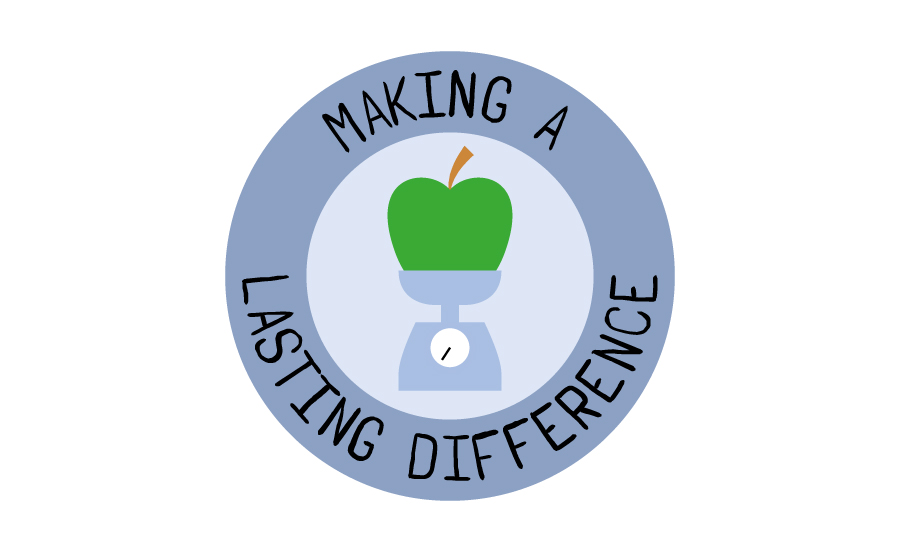
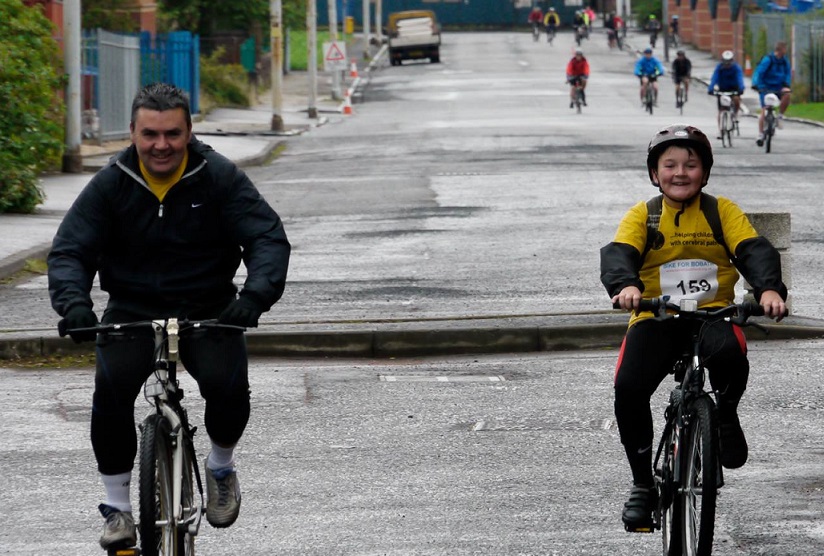

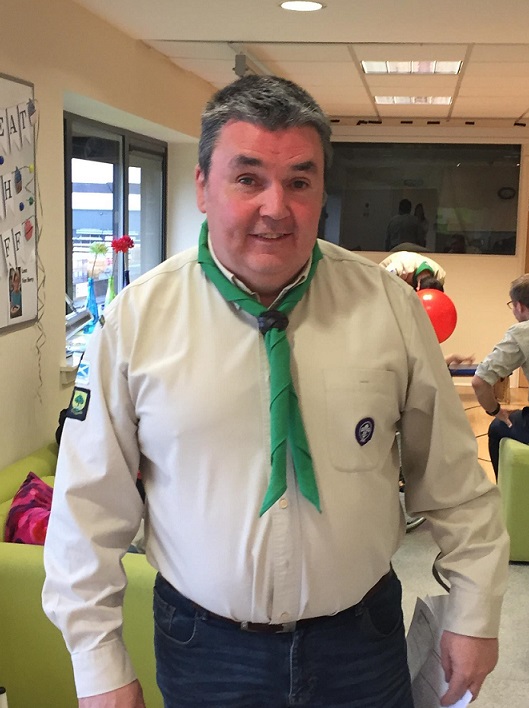

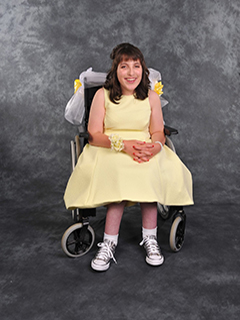
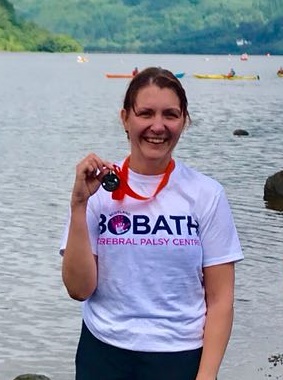
 “I was born 10 weeks premature and I have Spastic Diaplegia. I would say it’s quite mild. It’s walking that affects me, balance, co-ordination, that sort of thing. My arms were affected when I was growing up, but my arms are fine now.
“I was born 10 weeks premature and I have Spastic Diaplegia. I would say it’s quite mild. It’s walking that affects me, balance, co-ordination, that sort of thing. My arms were affected when I was growing up, but my arms are fine now.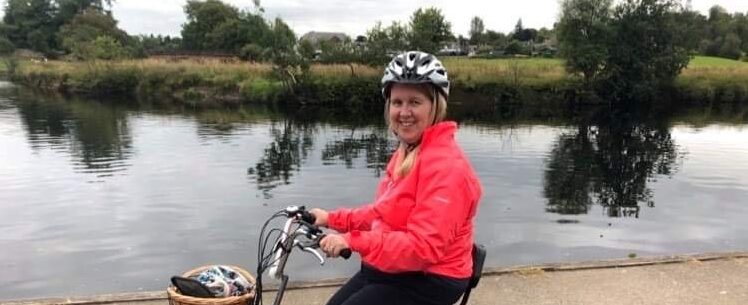

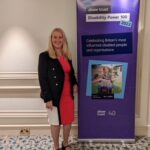 Jenna isn’t just my daughter, she is my friend too, her encouragement, support and love are indescribable and I am very proud to be her mum. When Jenna was young I struggled to cope with lifting and caring for a new baby, I will never forget the help and support I got from family and friends especially my mum at this time. During my maternity leave I decided to complete my accountancy exams and became a fully qualified chartered certified accountant. This was a major achievement for me and although I have the pinstriped suits, the sports car and high heels haven’t worked out. Sports cars are over rated anyway in our West of Scotland climate!
Jenna isn’t just my daughter, she is my friend too, her encouragement, support and love are indescribable and I am very proud to be her mum. When Jenna was young I struggled to cope with lifting and caring for a new baby, I will never forget the help and support I got from family and friends especially my mum at this time. During my maternity leave I decided to complete my accountancy exams and became a fully qualified chartered certified accountant. This was a major achievement for me and although I have the pinstriped suits, the sports car and high heels haven’t worked out. Sports cars are over rated anyway in our West of Scotland climate!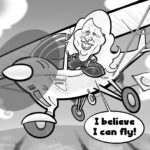 In 2015 I joined the Board of Cerebral Palsy Scotland. It was a privelege to be involved in decision making and represent CP service users. Seeing Bobath Scotland transition to Cerebral Palsy Scotland was a real highlight for me as it created better awareness of the service’s available. In 2022 I retired from the Board but still have a close connection with the charity. During this time I was introduced to Dr Kirsty Colquhoun who also has CP and became a very active Board member. It’s great to have a friend who experiences similar challenges. We are both passionate about seeking solutions to assist people with CP and removing barriers and negative expectations.
In 2015 I joined the Board of Cerebral Palsy Scotland. It was a privelege to be involved in decision making and represent CP service users. Seeing Bobath Scotland transition to Cerebral Palsy Scotland was a real highlight for me as it created better awareness of the service’s available. In 2022 I retired from the Board but still have a close connection with the charity. During this time I was introduced to Dr Kirsty Colquhoun who also has CP and became a very active Board member. It’s great to have a friend who experiences similar challenges. We are both passionate about seeking solutions to assist people with CP and removing barriers and negative expectations.